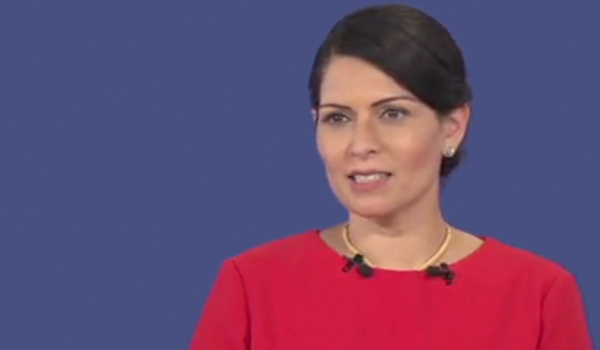MPS teams up with Facebook to tackle live-streaming of terrorist attacks
Metropolitan Police Service (MPS) firearms officers are to share video footage of training exercises with Facebook to help the social media platform develop technology to prevent the live-streaming of terrorist attacks and mass shootings.
The footage will be captured on body-worn video cameras to give an officer’s perspective in a bid to help Facebook’s artificial intelligence (AI) more accurately and rapidly identify videos of real-life first person shooter incidents.
Such technology could help Facebook notify the police of an attack early on and prevent the live-streaming of atrocities on the social media platform.
Facebook was heavily criticised for the spread of a live-stream video showing the New Zealand mosque shootings in March, which left 51 dead. The video was viewed some 200 times during its live broadcast and was watched around 4,000 times in total before being removed.
Facebook largely relies on AI to spot violating content and remove it as quickly as possible, but in the case of the Christchurch terrorist attack, it says it did not have enough first-person footage of violent events for the system to match up against. The work with the MPS Firearms Command, which will commence next month, will increase the number of images needed to train its machine learning tools.
The footage will also be provided to the Home Office, so that it can be shared with other companies to develop similar technology to stop the live-streaming of firearms attacks elsewhere online.
Officers from the MPS’s Firearms Command regularly train in how to respond to a wide variety of scenarios, from terrorist incidents to hostage situations, on land, public transport and water, so the footage they provide will show a ‘shooter’ perspective in a broad range of situations.
This varied imagery – combined with video from law enforcement in the US – will help Facebook gather the volume of footage needed so its AI technology can learn to identify live footage of an attack, and subsequently remove it.
The MPS became involved in the project as a direct result of the national Counter Terrorism Internet Referral Unit’s (CTIRU) long-standing relationship with Facebook. This national team based within the MPS – the first of its kind globally – works with service providers and social media companies such as Facebook to ensure the removal of harmful terrorist material from online.
The CTIRU actively assists hundreds of national counter terrorism investigations, identifying specific UK-based threats and then supporting investigations into the individuals or networks behind them.
Assistant Commissioner for Specialist Operations Neil Basu said: “Since the CTIRU launched almost ten years ago, it’s been at the forefront in terms of working with internet service providers and social media companies to tackle terrorism online.
“As a result of the unit’s relationship with Facebook, coupled with the world-renowned expertise of the Met Police Firearms Command, the Met has been invited to take part in this innovative project.
“The technology Facebook is seeking to create could help identify firearms attacks in their early stages and potentially assist police across the world in their response to such incidents.
“Technology that automatically stops live-streaming of attacks once identified, would also significantly help prevent the glorification of such acts and the promotion of the toxic ideologies that drive them.
“We welcome such efforts to prevent terrorism and its glorification and are happy to help develop this technology.”
Stephanie McCourt, Facebook’s Law Enforcement Outreach lead (UK), added: “Facebook’s work tackling threats from terrorism and extremism never stops.
“We invest heavily in people and technology to keep people safe on our platforms. But we can’t do it alone. This partnership with the Met Police will help train our AI systems with the volume of data needed to identify these incidents. And we will remain committed to improving our detection abilities and keeping harmful content off Facebook.”







